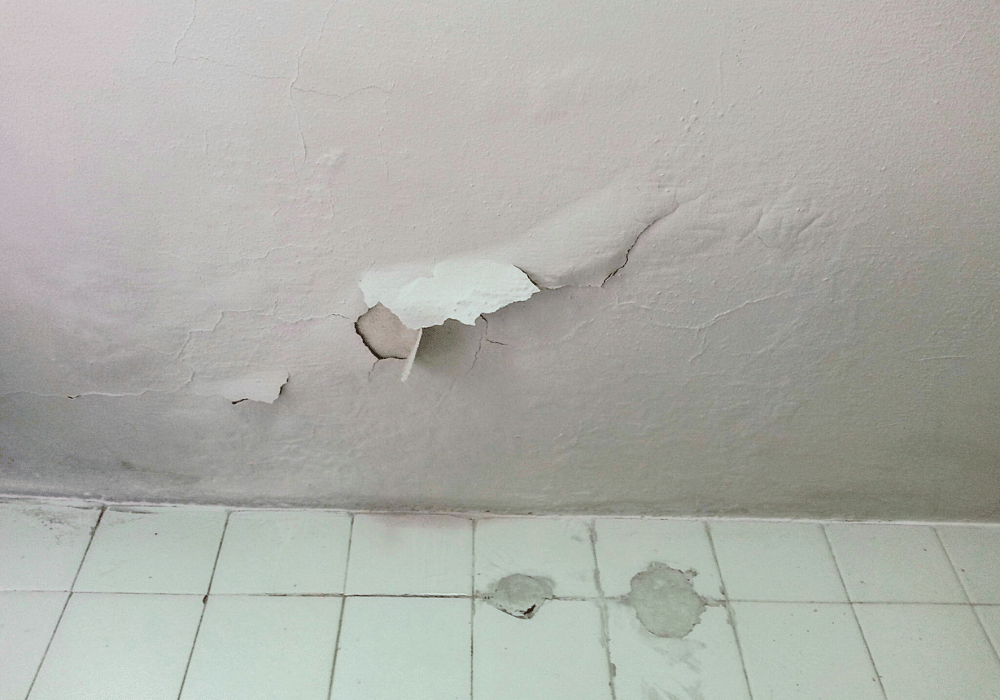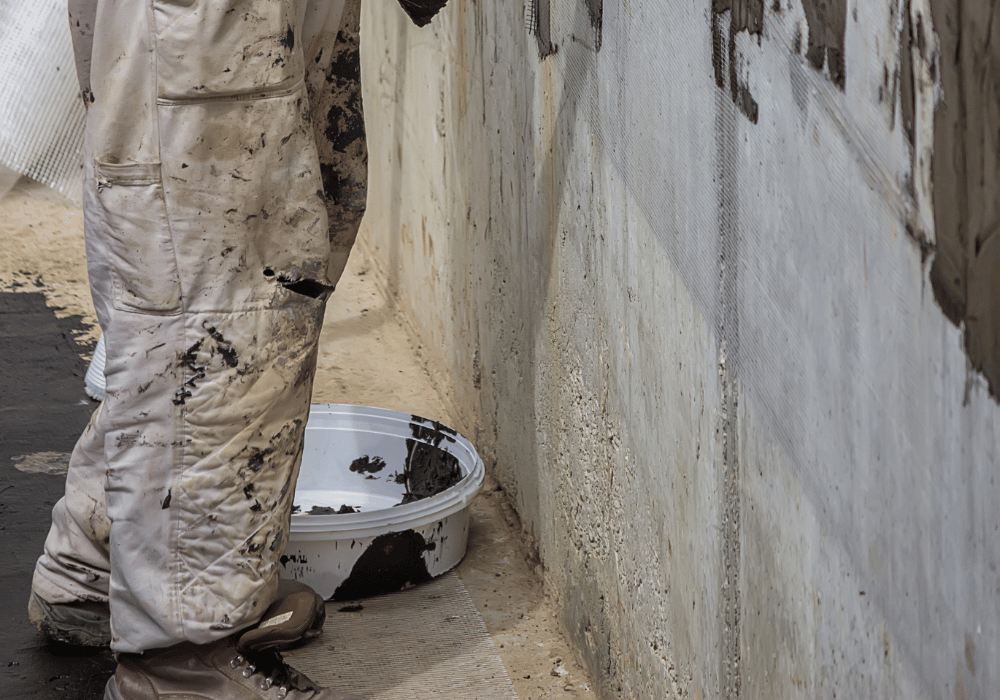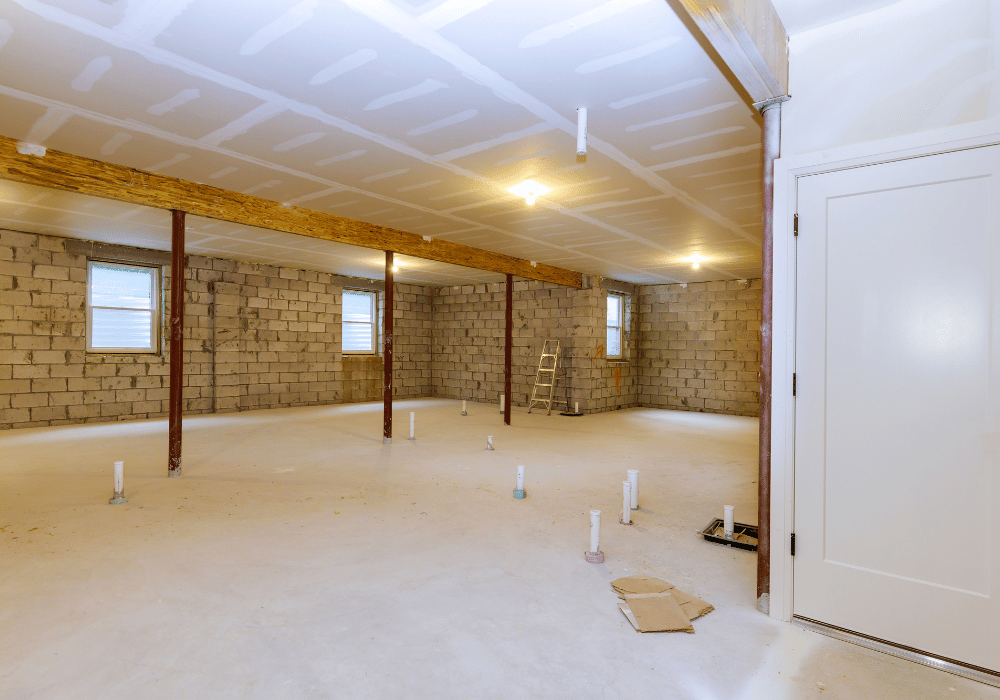If you have a basement in your home, it’s important to make sure that it is waterproofed. If you don’t take steps to waterproof your basement, you could end up with water damage and expensive repairs. In this post, we will discuss the signs that indicate whether or not you need to waterproof your basement. We’ll also provide tips on how to get the job done correctly.
Water Seepage
 One of the most common signs that you need to waterproof your basement is water seepage. If you notice any damp spots or musty odors on the walls, floors, or ceiling of your basement, it could be a sign that moisture is getting in from outside. If you notice standing water anywhere, this is an even bigger sign that there is a problem with your foundation and needs to be addressed immediately.
One of the most common signs that you need to waterproof your basement is water seepage. If you notice any damp spots or musty odors on the walls, floors, or ceiling of your basement, it could be a sign that moisture is getting in from outside. If you notice standing water anywhere, this is an even bigger sign that there is a problem with your foundation and needs to be addressed immediately.
Inspect For Cracks In Your Foundation
It’s also important to inspect any cracks in the foundation walls for signs of water damage. These may appear as discoloration, cracks, bubbles in paint or wallpaper, or even wet spots. Check around windows and doors for similar issues as well. In some cases, even a small crack can become worse over time and lead to larger problems like water seepage.
Check For Signs Of Mildew Or Mold
Finally, it’s important to look for signs of mildew or mold. This includes discoloration on the walls, floors, and ceiling that could indicate a moisture buildup in your basement. If you notice any of these signs, it is time to act quickly and contact a foundation repair specialist before more damage occurs.
Waterproofing Your Basement Properly
 Now that you know how to tell if your basement needs waterproofing, let’s talk about how to properly waterproof it. First, you’ll want to inspect the area for any potential problem areas such as cracks or gaps in the walls or flooring. You will also want to install a drainage system since this helps keep water away from your home and prevents it from seeping into your basement. Finally, you’ll want to apply a waterproofing material such as a sealant or membrane. This will help keep moisture out and protect the area from further damage in the future. Waterproofing your basement is an important step towards preserving the structural integrity of your home and preventing costly repairs down the road. Keep an eye out for any of the signs we discussed above, and contact a foundation repair specialist if you think there may be an issue with your foundation or need assistance waterproofing it. With their help, you can ensure that your basement stays dry and secure for years to come.
Now that you know how to tell if your basement needs waterproofing, let’s talk about how to properly waterproof it. First, you’ll want to inspect the area for any potential problem areas such as cracks or gaps in the walls or flooring. You will also want to install a drainage system since this helps keep water away from your home and prevents it from seeping into your basement. Finally, you’ll want to apply a waterproofing material such as a sealant or membrane. This will help keep moisture out and protect the area from further damage in the future. Waterproofing your basement is an important step towards preserving the structural integrity of your home and preventing costly repairs down the road. Keep an eye out for any of the signs we discussed above, and contact a foundation repair specialist if you think there may be an issue with your foundation or need assistance waterproofing it. With their help, you can ensure that your basement stays dry and secure for years to come.

